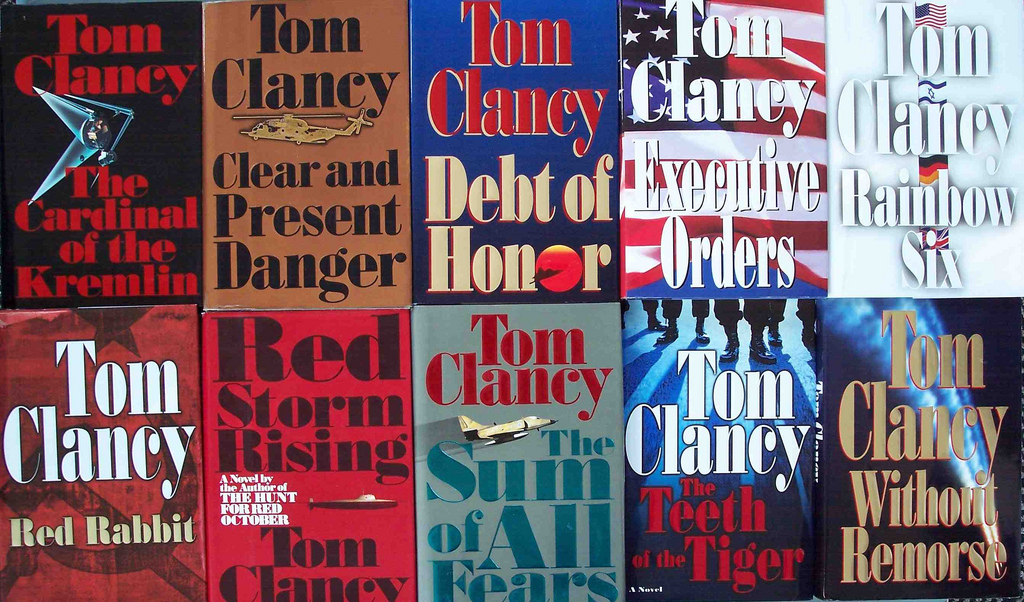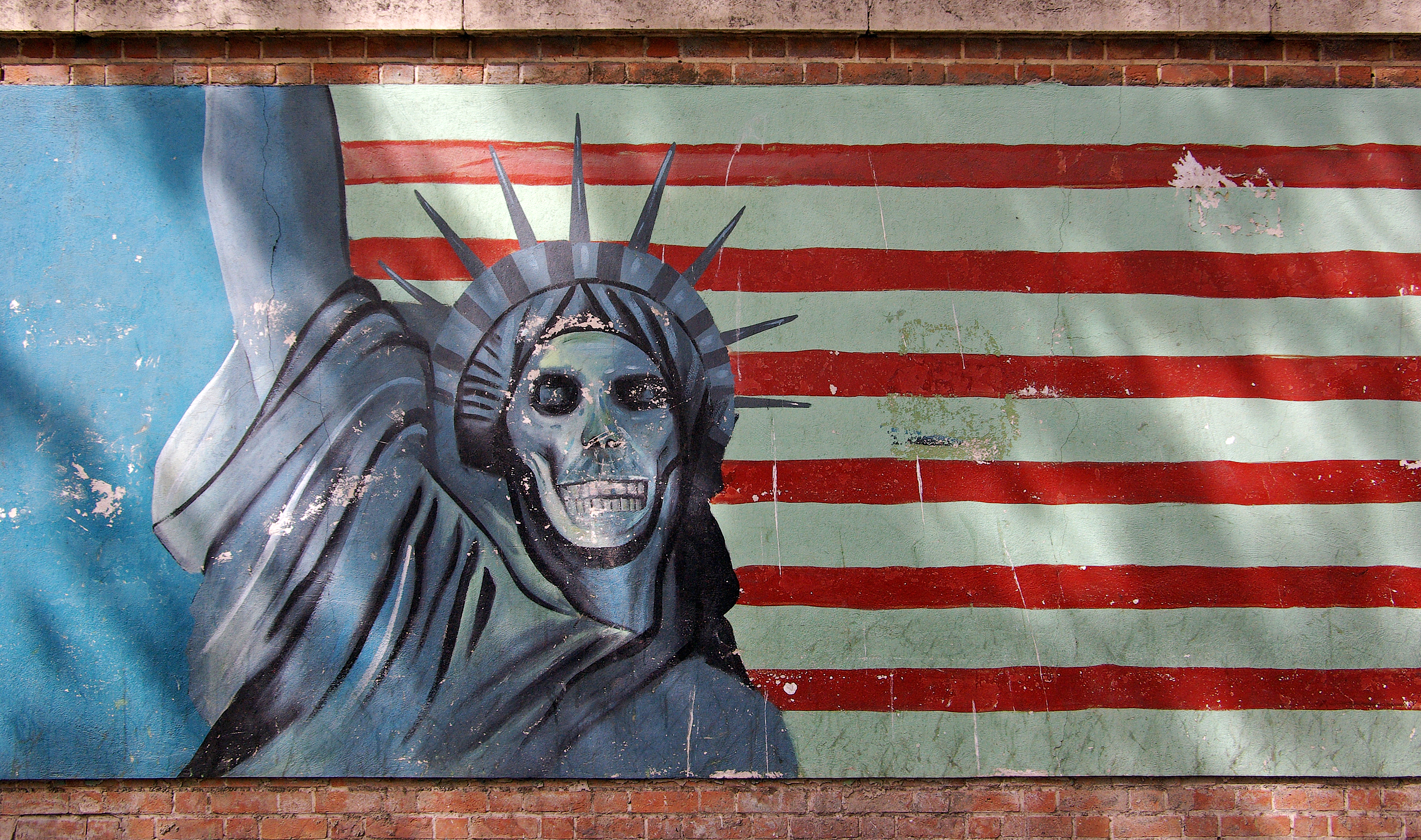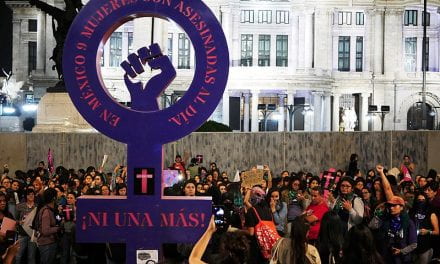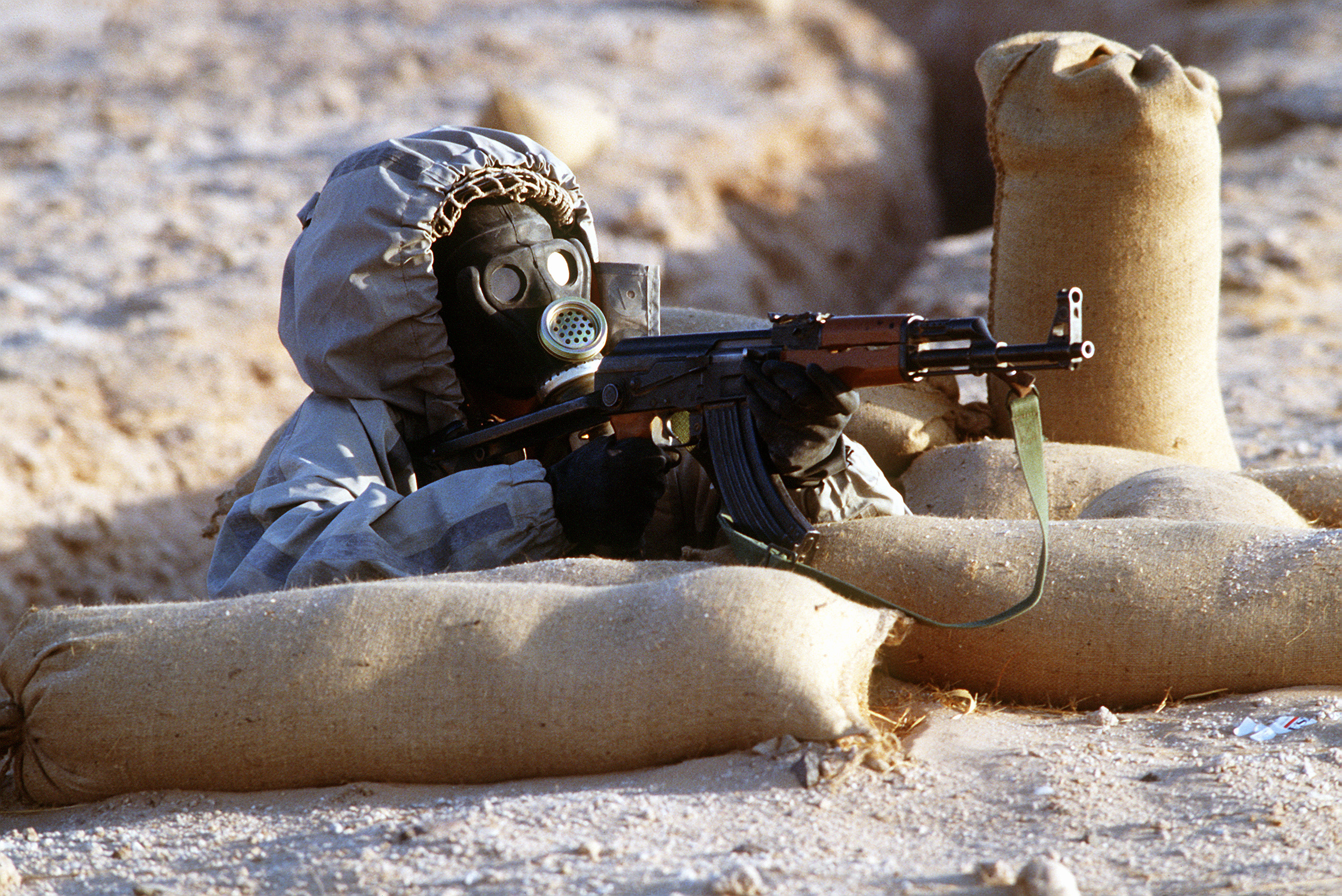By J. K. Schmid
Having promised to “drain the swamp” of Washington careerists and campaigning on conflicting foreign policy ideals and proposals, President of the United States Donald J. Trump appears to many pundits as unpredictable force from the Oval Office. Analysis of the President’s discourse will reveal a coherent if not-all-together-cogent worldview that may inform the Trump Administration domestically and abroad.
Science and technology news site Gizmodo came into possession of a video depicting Donald Trump discussing tariffs with advisor and now Secretary of Commerce Wilbur Ross [1]. In an article by Brendan O’Connor, a conversation that took place Dec. 13, 2016 was partially transcribed. The topic was tariffs.
TRUMP: If you look at Japan, what they do with food—they say it’s not clean enough, and you have to send it back, and by the time it comes back it’s all gone.
ROSS: Exactly. And we oughta let them know we’re gonna start playing the same game.
TRUMP: Well I think you let them know that we’re going to do that. Without saying that, you say, “We’re gonna inspect you so closely,” bomp bomp.
ROSS: Yeah. That’s the thing—not to say that it’s punitive, but in the interest of American safety.
While it’s strangely similar to a rant filled with racist invective by not-yet-Senator Fred Thompson in 1990’s Days of Thunder [2], the sentiment is just as oddly resonant with another piece of popular fiction from the 1990s: Tom Clancy’s Debt of Honor.
Thomas Leo “Tom” Clancy, Jr. was a prolific writer up until his death; his works included non-fictional breakdowns of fighting units and fighting craft, but most famously fictionalized espionage, foreign policy and war. Since his death, novels and video games continued to be published under the Tom Clancy’s brand. Tom Clancy’s Ghost Recon Wildlands was released March 7, this year.
While President Trump claims to have never read a book [3], attitudes expressed in the transcript and in his foreign policy at large seem to be less inspired by neocon doctrine and more directly by the fantasies Clancy has put to the page.
In Debt of Honor, the United States is confronted with an increasingly militarized Japan and economic crises manufactured by a cabal of vengeful zaibatsu and aggressive members of the Japanese parliament. The militarization of Japan described in the novel isn’t an incredible stretch from reality. Prime Minister Shinzo Abe has made clear his intentions to amend the Japanese constitution so that war is no longer outlawed [4].
In the novel, the economic attack-while at first blush seeming mutually ruinous-was in retaliation for just such a tariff measure suggested by the real United States president. The fictional president even implements the policy under a similar false pretense of consumer safety.
Donald Trump’s American Carnage speech during his inauguration and recent remarks about the drug trade seem lifted directly from Clancy’s 1993 Without Remorse.
President Trump described the current drug situation.
We’ve ordered the Department of Homeland Security and Justice to coordinate on a plan to destroy criminal cartels coming into the United States with drugs. We’re becoming a drug-infested nation. Drugs are becoming cheaper than candy bars [5].
This perception seems right in line with the crumbling city of Baltimore described by Clancy in Without Remorse. A flood of cheap drugs allows a criminal cartel of local dealers and out-of-state mafiosos to rule the streets. While the supply line in the novel comes from caskets shipped back from the war in Vietnam in an obvious nod to Frank Lucas; President Trump has outspokenly envisioned a drug supply line that runs over the backs of illegal immigrants, over land somehow.
When Mexico sends its people, they’re not sending their best… They’re sending people that have lots of problems. And they’re bringing those problems with us. They’re bringing drugs. They’re bringing crime. They’re rapists. And some-I assume-are good people [6].
While Clancy’s hero, John Clark, resorts to torture and assassination as a vengeful vigilante; President Trump’s solution to “destroy” the cartels does not come off as any less forceful, just more legal.
Destroying these drug cartels by force was the main plot of Clancy’s 1988 work Clear and Present Danger.
Presumably, Donald Trump is bemoaning the opiate addiction crisis in the United States. Ignoring its connection to prescription pharmaceutical abuse, it’s safe to assume that Donald Trump is talking about heroin. How much heroin is coming into the United States from Mexico is not definitively known. In 2014, the DEA claimed most came from Colombia, which is not the same country as Mexico [6].
If it is Mexican heroin coming into the country, it’s coming in as freight and not being carried over the border by land [7][8][9].
Now this shared worldview has immediate explanations for present and future foreign and domestic policy positions. It could explain the president’s pivot towards the Russian Federation undoing decades of work to undermine Putin’s regime.
The defeat of the Japanese in Debt of Honor was orchestrated with the assistance of Russian spy assets embedded in Japan. Trump may be looking to make a similar pivot in order to rein in a seemingly increasingly more aggressive-postured China. This is not to say President Trump has the same difficulty telling the Chinese and Japanese apart as he does Colombians and Mexicans, but he or his advisors may be taking cues from The Bear and The Dragon. Towards the book’s climax, Russia is admitted into NATO in order to stop a Chinese invasion of Russia.
Trump’s theories on China have been described elsewhere as fantastic [10], to say the least. But if he sees China as the principal threat to United States hegemony and world peace, he may turn to anyone for assistance. If he plans on involving Russia, that means starting to thaw relations sooner rather than later. Overtures appear to already have been made to relax sanctions on Russia. It’s hard to determine how this would improve anything in Eastern Europe or the Middle East, but the assumption is that President Trump is imitating rather than improvising.
President Trump’s enthusiasm for waterboarding [11] seems well in line with Clancy’s Clark character’s attitude towards torture. Clark used torture in both The Sum of All Fears and the previously mentioned Without Remorse in order to extract information from terrorists and criminals alike.
Rainbow Six and Debt of Honor both portray special operators as near invincible super-soldiers. The black operators in Clear and Present Danger only knew defeat after they were betrayed by the treasonous liberal government of an unnamed president. Such depictions seem to be in line with the expectations of the SEALs in Yemen when given the order to strike Yakla Village. There can be a steep and bloody learning curve before finally apprehending just what real SEALs are capable of.
Domestically, there is some cause for concern also. The Sum of All Fears ends in a nuclear bombing of the Super Bowl in Denver, Colorado. It is engineered by a collaboration of disaffected East German Marxists, PFLP holdouts, and Native American domestic terrorists. Anyone who might look upon this alliance with any degree of credulity may lash out disproportionately at Black Blocs in major metropolitan areas or move in even more aggressively on No DAPL protestors-if such a thing can be imagined or implemented.
Wherever reality may be, Trump may be living in Clancy’s world.
With few case studies and ambiguous rhetoric to sketch out a Trump Doctrine this early in the presidency, it is difficult to make predictions about how the president may act in the future. However, a pattern of sentiment and perspective emerges from the president’s narration of the condition of his country and the world at large. The United States may continue to act in a Clancy-informed manner until the realities of world power politics prevail.
- Brendan O’Connor, “Leaked Audio: Trump Cares About Food Safety But Only If the Food Is
Foreign,” Gizmodo, February 27, 2017, Accessed February 28, 2017
http://gizmodo.com/leaked-audio-trump-cares-about-food-safety-but-only-if-1792719325 - “Fred Thompson Days of Thunder” accessed February 28, 2017,
https://www.youtube.com/watch?v=ogh1kHwivrI - Mark Fisher, “Donald Trump Doesn’t read much. Being President probably wouldn’t change
that,” Washington Post, July 17, 2016, Accessed February 28, 2017
https://www.washingtonpost.com/politics/donald-trump-doesnt-read-much-being-president-probably-wouldnt-change-that/2016/07/17/d2ddf2bc-4932-11e6-90a8-fb84201e0645_story.html?utm_term=.15adf720e9a9 - J. Weston Phippen “Japan’s Path to Militarization,” The Atlantic July 11, 2016, Accessed February 28, 2017
https://www.theatlantic.com/news/archive/2016/07/japan-vote/490703/ - “Trump’s “Drug-Infested Nation” accessed February 28, 2017
https://www.youtube.com/watch?v=SF35o8jmJRw
https://www.justice.gov/archive/ndic/pubs38/38661/movement.htm
- “Trump on Mexican Immigration” accessed February 28, 2017
https://www.youtube.com/watch?v=iZNBDBRHdwc - BBC World Service “How Do Cartels Get Drugs Into the US?” December 3, 2015, Accessed
April 10, 2017 http://www.bbc.com/news/world-us-canada-34934574 - Department of Justice “Drug Movement Into and Within the United States” February, 2010,
Accessed April 10, 2017
https://www.justice.gov/archive/ndic/pubs38/38661/movement.htm - Mimi Yagoub “Sinaloa Cartel Takeover of US Heroin Market Questionable” InSight Crime May
26, 2016, Accessed February 28, 2017 http://www.insightcrime.org/news-analysis/mexico-cartel-takeover-of-us-heroin-market-questionable - Scott Lincicome “Almost Everything Donald Trump Says About Trade With China Is Wrong,”
The Federalist January 20, 2016, Accessed February 28, 2017
http://thefederalist.com/2016/01/20/almost-everything-donald-trump-says-about-trade-with-china-is-wrong/ - Matt Apuzzo and James Risen “Donald Trump Faces Obstacles to Resuming Waterboarding”
The New York Times, November 28, 2016, Accessed February 28, 2017 https://www.nytimes.com/2016/11/28/us/politics/trump-waterboarding-torture.html?_r=0







